Animal Vs Plant Protein: What To Choose For Good Health
February 28, 2025
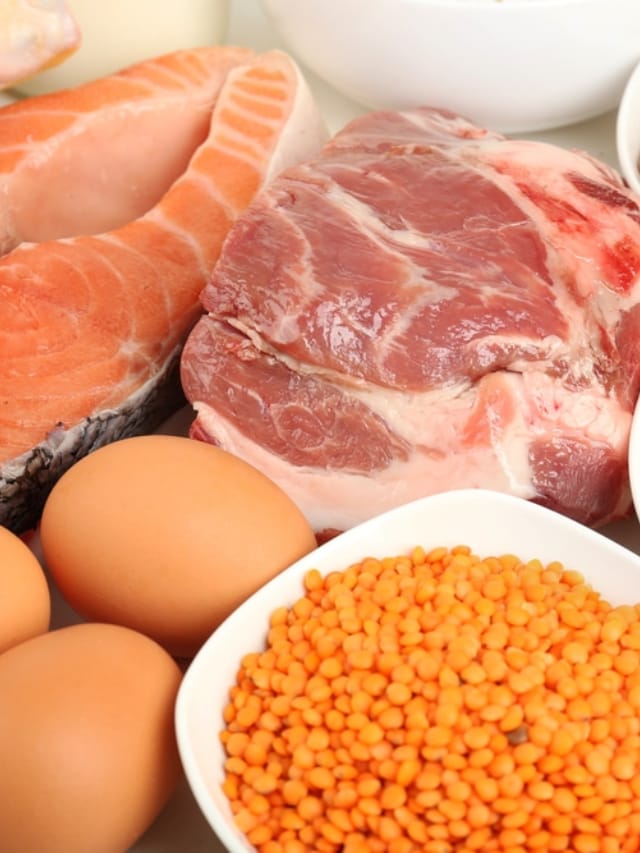
Amino Acid Profile
Animal-based proteins contain all nine essential amino acids, making them a complete nutritional source.
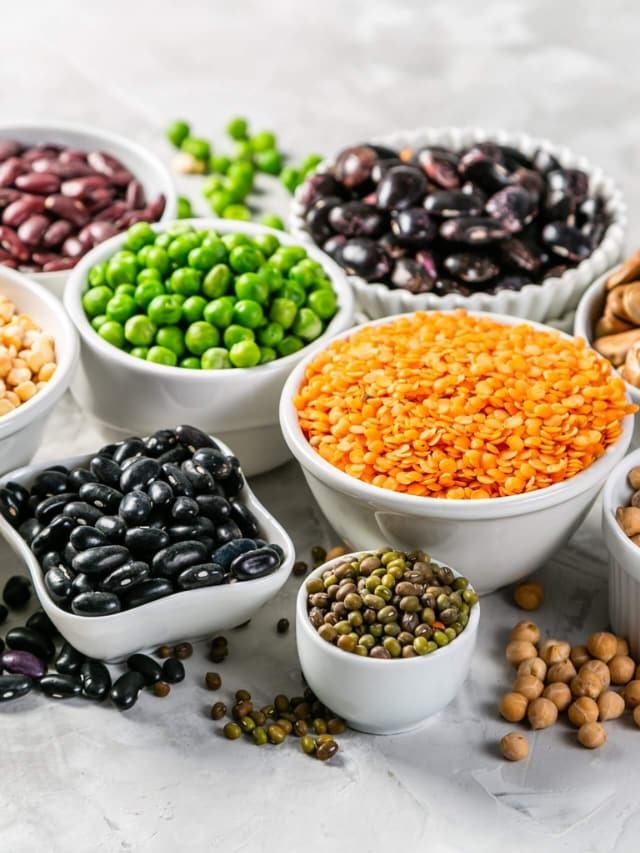
Plant-derived proteins may lack certain amino acids, but combining various foods ensures a balanced intake.
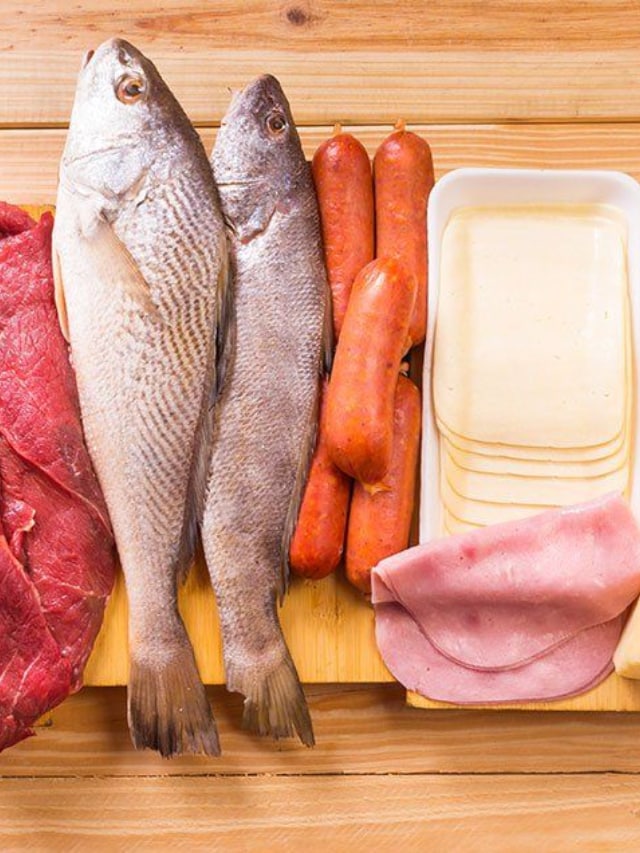
Digestibility and Absorption
Proteins from animal sources are quickly broken down and absorbed, aiding in efficient muscle repair.
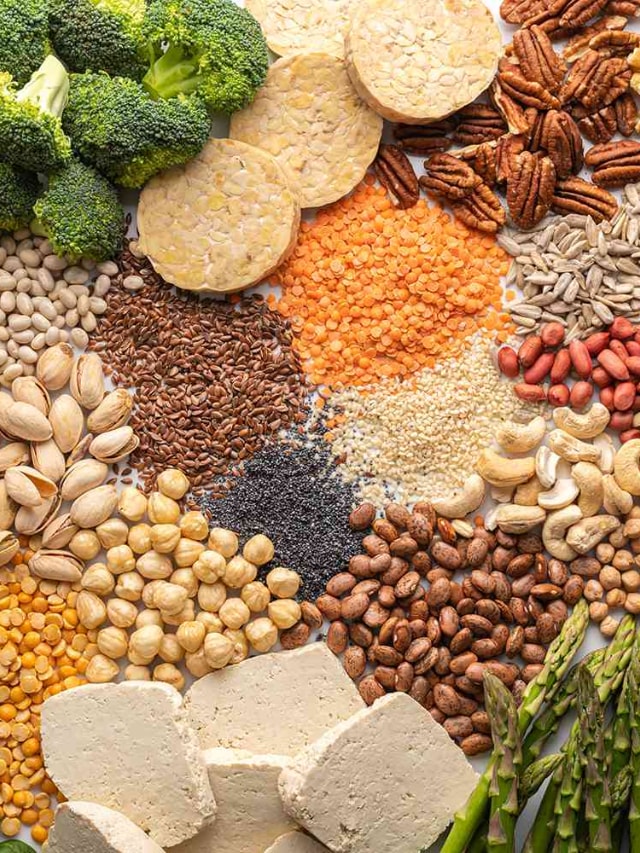
Plant proteins take longer to process due to fibre content, which supports digestive health.

Nutrient Composition
Meat, eggs, and dairy provide vitamin B12, heme iron, and omega-3s, essential for energy and brain function.
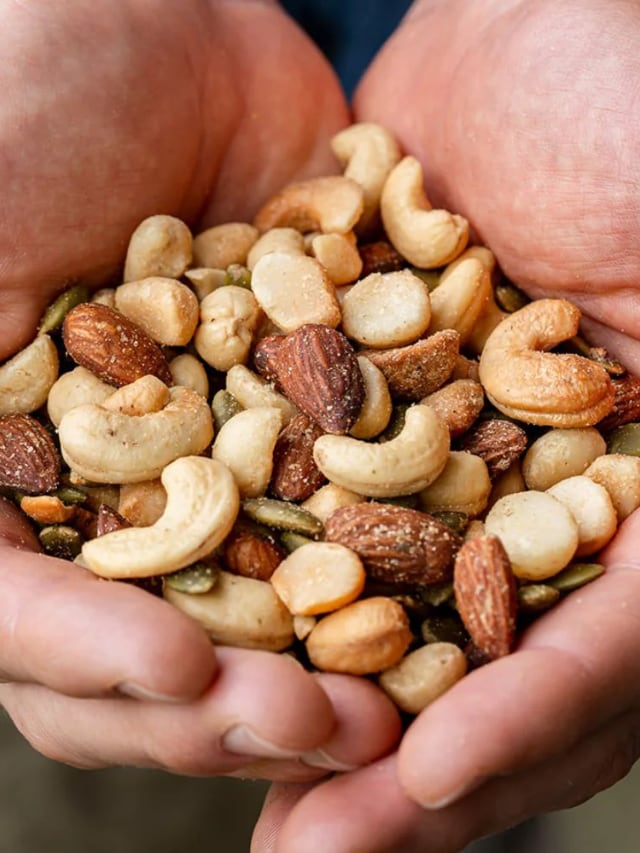
Legumes, nuts, and seeds offer fibre, antioxidants, and essential minerals that enhance overall well-being.
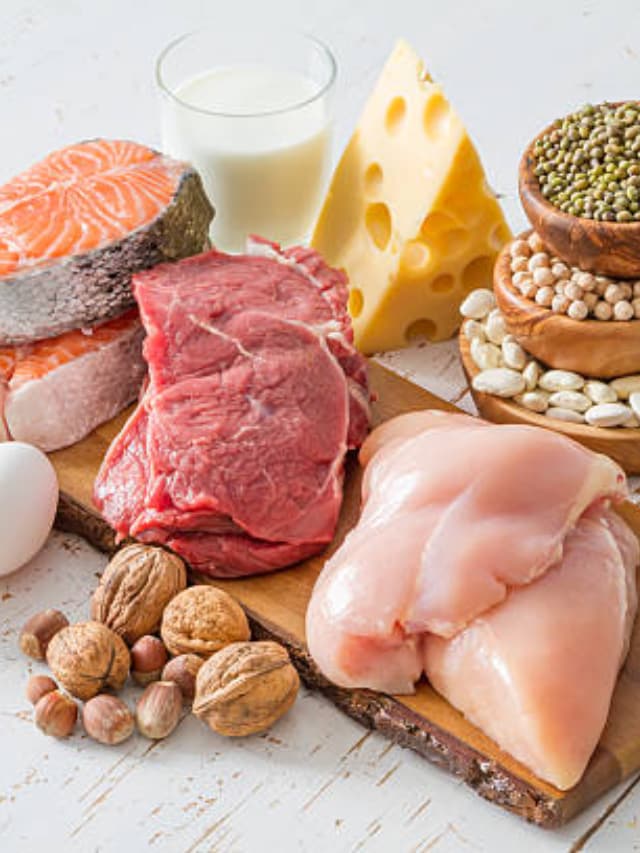
Muscle Development
Animal protein contains high levels of leucine, which promotes rapid muscle growth and strength.
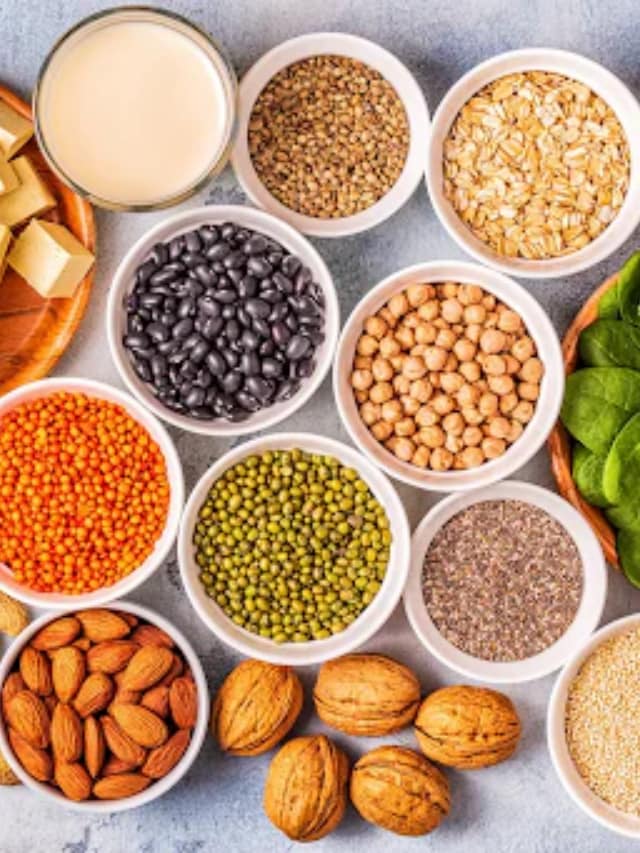
Plant-based protein supports muscle maintenance but often requires larger portions or diverse food combinations.
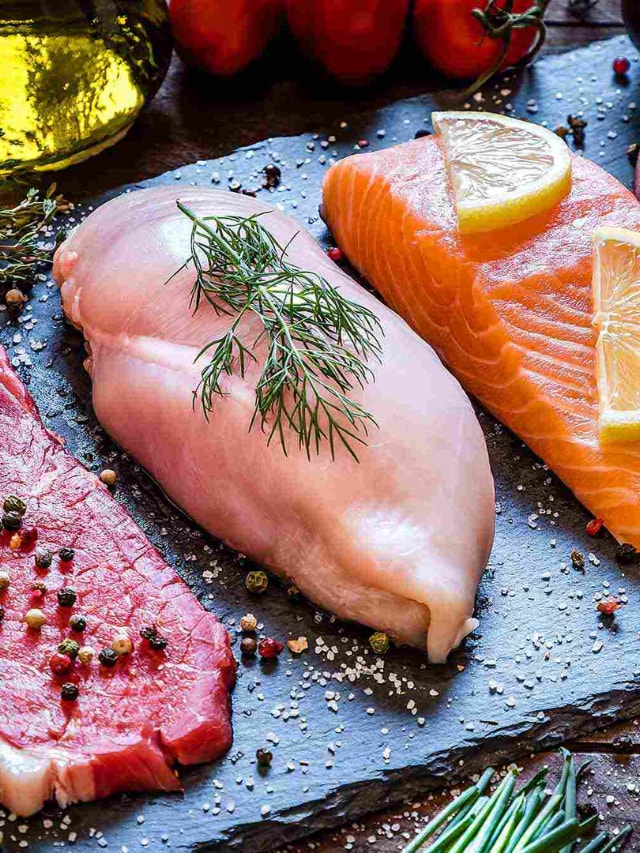
Heart Health Effects
Excess consumption of red and processed meat may elevate cholesterol and contribute to heart disease.
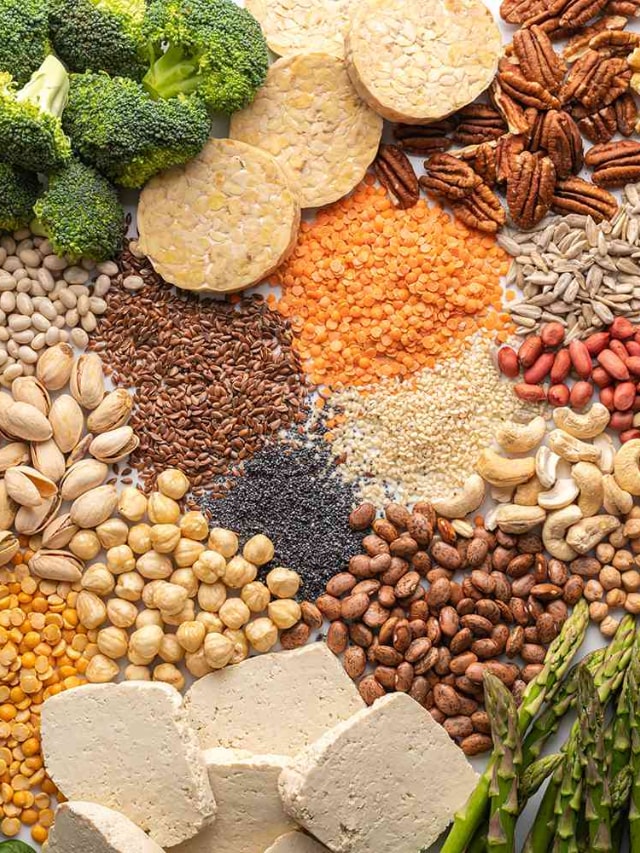
Plant proteins naturally support cardiovascular health by regulating cholesterol and blood pressure.

